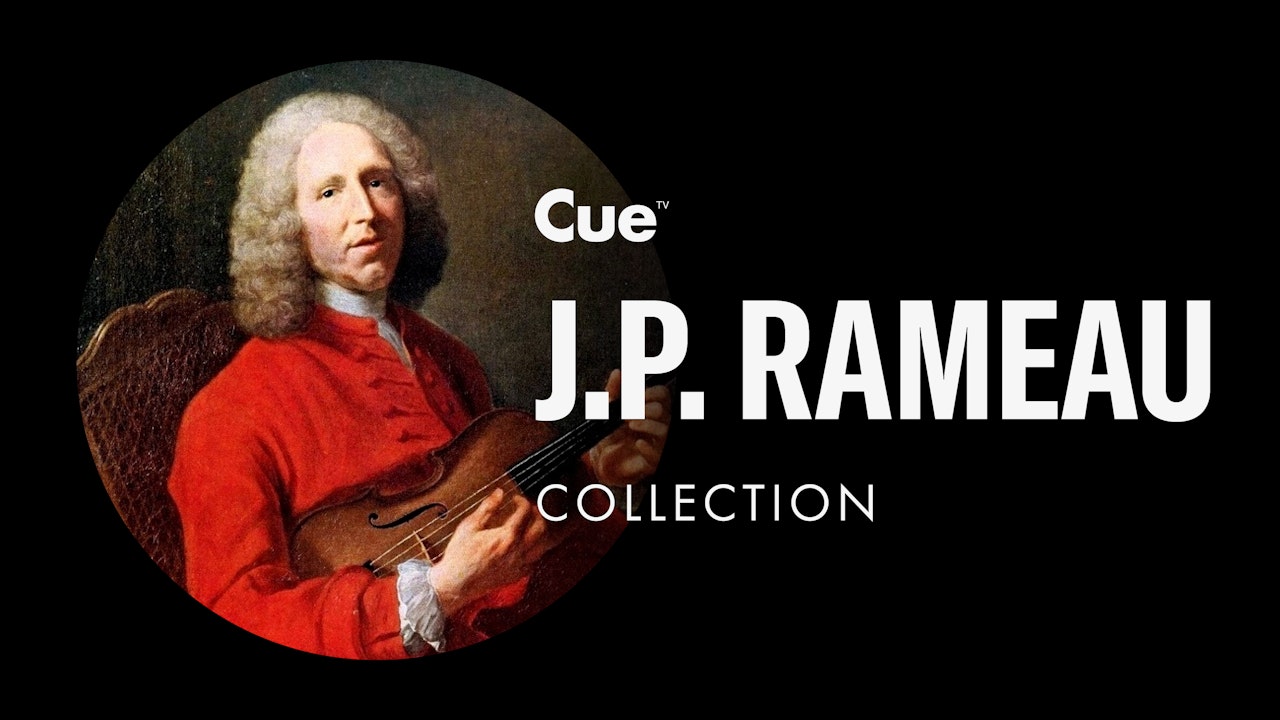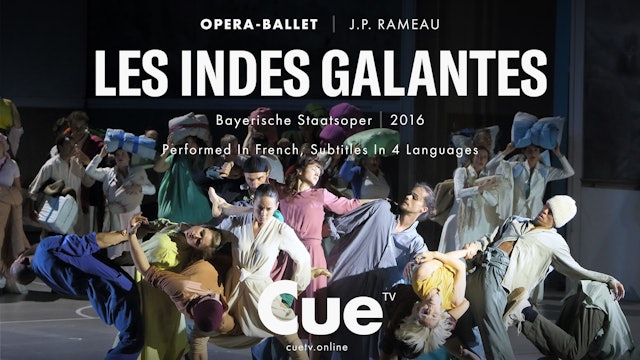J.P. Rameau
Little is known about Rameau's early years. It was not until the 1720s that he won fame as a major theorist of music with his Treatise on Harmony (1722) and also in the following years as a composer of masterpieces for the harpsichord, which circulated throughout Europe. He was almost 50 before he embarked on the operatic career on which his reputation chiefly rests today. His debut, Hippolyte et Aricie (1733), caused a great stir and was fiercely attacked by the supporters of Lully's style of music for its revolutionary use of harmony. Nevertheless, Rameau's pre-eminence in the field of French opera was soon acknowledged, and he was later attacked as an "establishment" composer by those who favoured Italian opera during the controversy known as the Querelle des Bouffons in the 1750s. Rameau's music had gone out of fashion by the end of the 18th century, and it was not until the 20th that serious efforts were made to revive it. Today, he enjoys renewed appreciation with performances and recordings of his music ever more frequent.
-
Les Indes Galantes (2016)
Les Indes Galantes by J. P. Rameau, from Bayerische Staatsoper, performed at National Theatre Munich, 2016. Directed by Sidi Labi Cherkaoui, conductor Ivor Bolton, starring Lisette Oropesa, Anna Prohaska, Ana Quintans,Cyril Auvity, Elsa Benoit, Goran Juric, Mathias Vidal, Tareq Nazmi and Francis...



